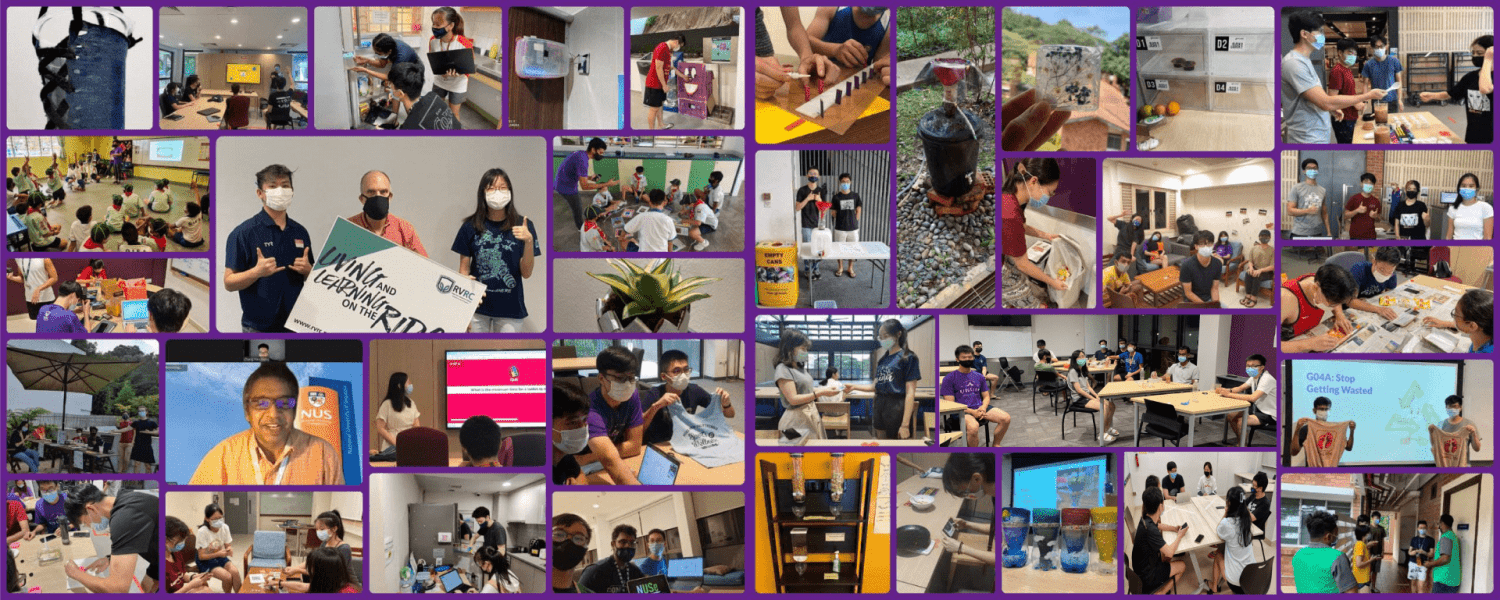Amira Binti Mohamad Rafi, Badrul Amin B Mahmud, Choi Min Suk, Chua Ser Gee Vanessa, Goh Qi Rong
Academic Advisor: Dr. Chua Siew Chin
Food waste is Singapore’s fifth largest waste category and made up 11% of the 7.3 million tons of waste generated in Singapore in 2012. Pulau Semakau, Singapore’s only landfill, is expected to be completely filled by 2035 and this has created an urgent need to find a value-added use for waste products. Our group is focused on reusing fruit waste – in particular, fruit peels, which are usually discarded while the flesh of the fruit is consumed. By combining various citrus peels that contain pectin with fruits that contain oleic acid, we tried to create a biodegradable superabsorbent polymer (SAP) that, when placed in soil, enables plants to go without watering for several days. Adapting from a previous experiment (Nirghin 2016), lemon, lime, and orange were used as sources of pectin, while durian and avocado were sources of oleic acid. The effectiveness of the SAPs was assessed in three different ways: by measuring plant growth, soil moisture, as well as water absorption capabilities. We found that all our fruit peel SAPs were effective at increasing the water retention of soil. The challenge however was mould growth on the SAPs, which led us to conclude that the SAP method would only work in locations with low humidity such as an air-conditioned room. Our findings could prove useful among the gardening community in Singapore, who can create their own biodegradable SAP that aids in plant growth, while helping to reduce waste in Singapore by reusing fruit peels, which would otherwise be discarded.
Keywords: Food, Fruit Waste, Superabsorbent Polymer, Citrus, Gardening
